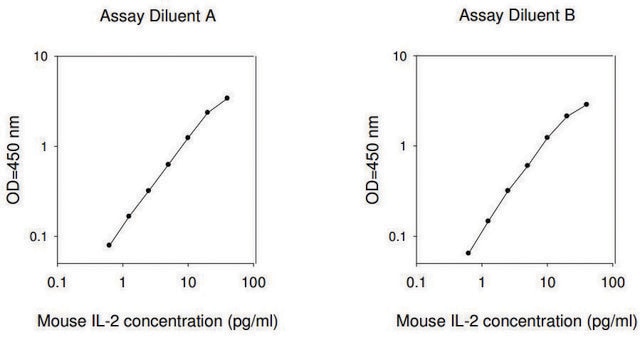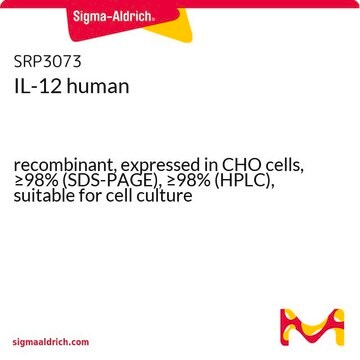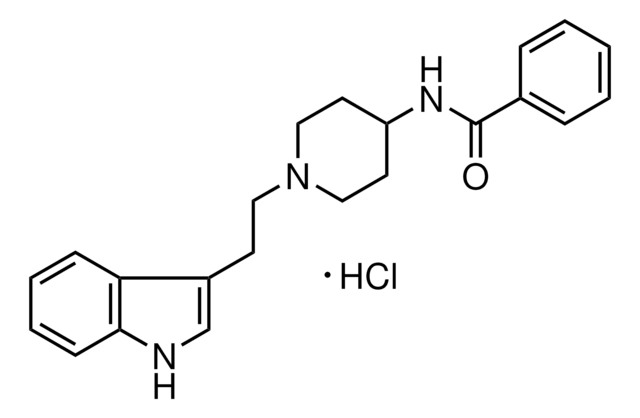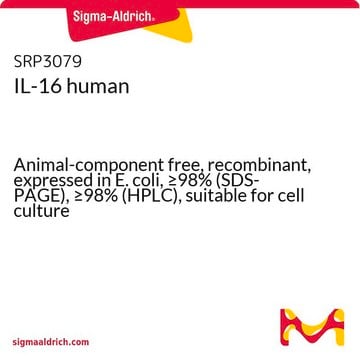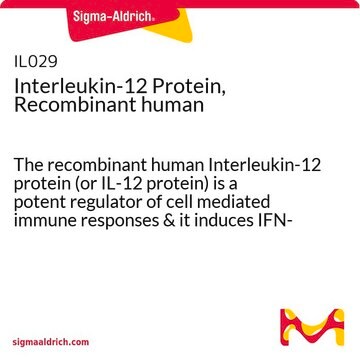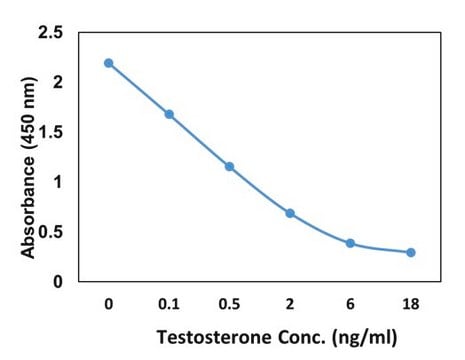I7784
Anti-Interleukin-2 antibody produced in goat
affinity isolated antibody, lyophilized powder
Synonym(s):
Anti-IL-2
About This Item
Recommended Products
biological source
goat
Quality Level
conjugate
unconjugated
antibody form
affinity isolated antibody
antibody product type
primary antibodies
clone
polyclonal
form
lyophilized powder
species reactivity
rat, mouse
technique(s)
neutralization: suitable
western blot: 0.1-0.2 μg/mL
UniProt accession no.
storage temp.
−20°C
target post-translational modification
unmodified
Gene Information
mouse ... Il2(16183)
rat ... Il2(116562)
Looking for similar products? Visit Product Comparison Guide
Related Categories
General description
Monoclonal Anti-Interleukin-2 recognizes murine Interleukin-2. It does not react with human IL-2, but will react with rabbit IL-2 at a 100x higher IgG concentration.
Immunogen
Application
Physical form
Not finding the right product?
Try our Product Selector Tool.
related product
Storage Class Code
13 - Non Combustible Solids
WGK
WGK 1
Flash Point(F)
Not applicable
Flash Point(C)
Not applicable
Personal Protective Equipment
Certificates of Analysis (COA)
Search for Certificates of Analysis (COA) by entering the products Lot/Batch Number. Lot and Batch Numbers can be found on a product’s label following the words ‘Lot’ or ‘Batch’.
Already Own This Product?
Find documentation for the products that you have recently purchased in the Document Library.
Our team of scientists has experience in all areas of research including Life Science, Material Science, Chemical Synthesis, Chromatography, Analytical and many others.
Contact Technical Service
